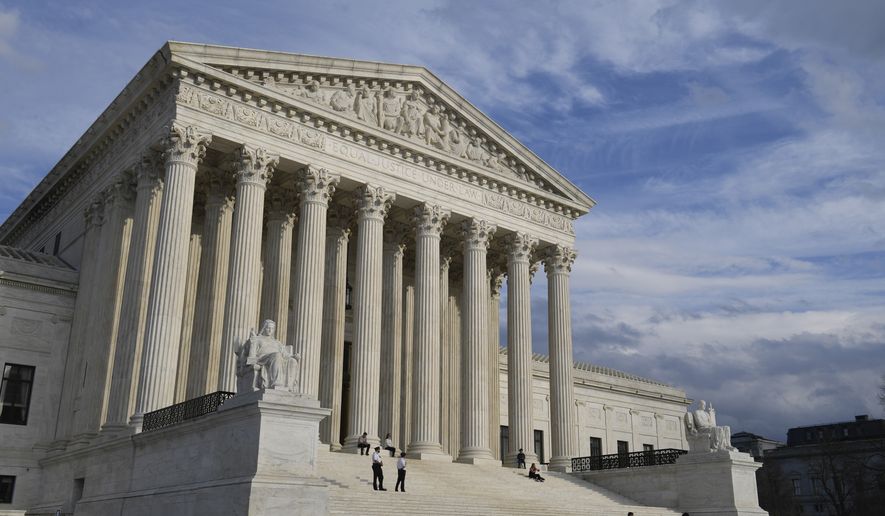The Supreme Court rejected a case Monday brought by a female cadet who alleged she was raped while attending the U.S. Military Academy at West Point.
Without comment, the justices declined to hear the woman’s claim that West Point’s policies on sexual assault failed to protect students.
She sued, alleging she was injured during service.
The lower court ruled her injury wasn’t directly related to military service, and Justice Clarence Thomas agreed with that conclusion.
But he called for the high court to reconsider giving the government immunity when military members are injured during service.
In a dissent, Justice Thomas said the court’s 70-year-old precedent giving the government immunity from facing these types of claims has brought about confusing and problematic results over the years.
“Under our precedent, if two Pentagon employees — one civilian and one a service member — are hit by a bus in the Pentagon parking lot and sue, it may be that only the civilian would have a chance to litigate his claim on the merits,” Justice Thomas wrote.
“At a minimum, we should take up this case to clarify the scope of the immunity we have created,” he added.
His dissent pointed to several cases showing conflicting results.
In one lawsuit, a court barred a service member’s claim after being injured while water-skiing off a military-owned boat.
But in another case, a court allowed a service member to recover damages when he was injured in an Army van while attending a rugby event.
“Lower courts are understandably confused about what counts as an injury ‘incident’ to military service,” Justice Thomas wrote.
In the woman’s case, she attended West Point in 2008 and was subject to “pervasive sexual harassment,” according to court papers.
During her second year, she was allegedly raped by a fellow cadet. She went to school officials to report the assault, but according to her complaint, West Point failed to adequately respond.
She withdrew from the school in 2010.
A spokesperson from the Pentagon said the military would not comment on the litigation.
• Alex Swoyer can be reached at aswoyer@washingtontimes.com.




Please read our comment policy before commenting.